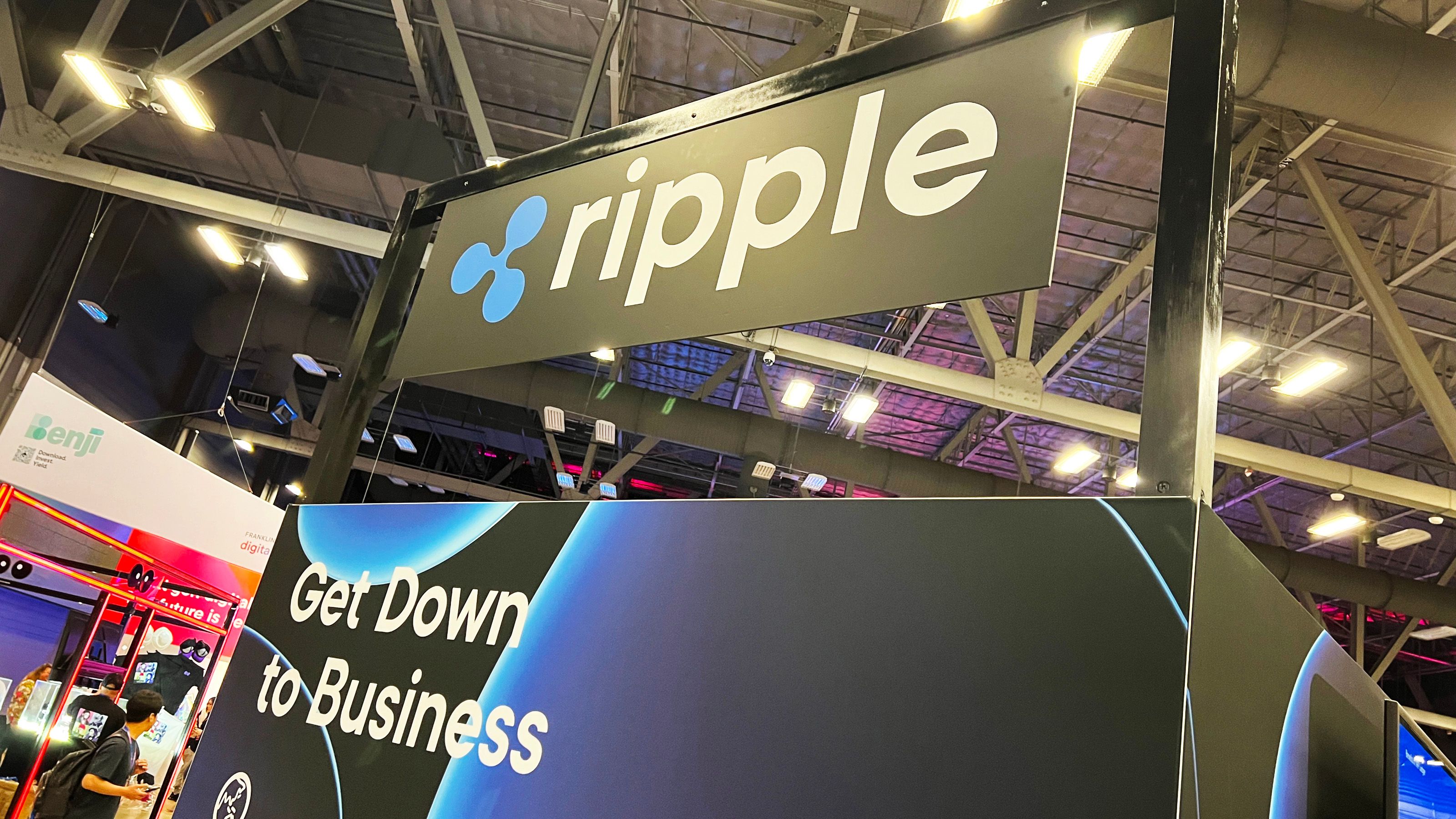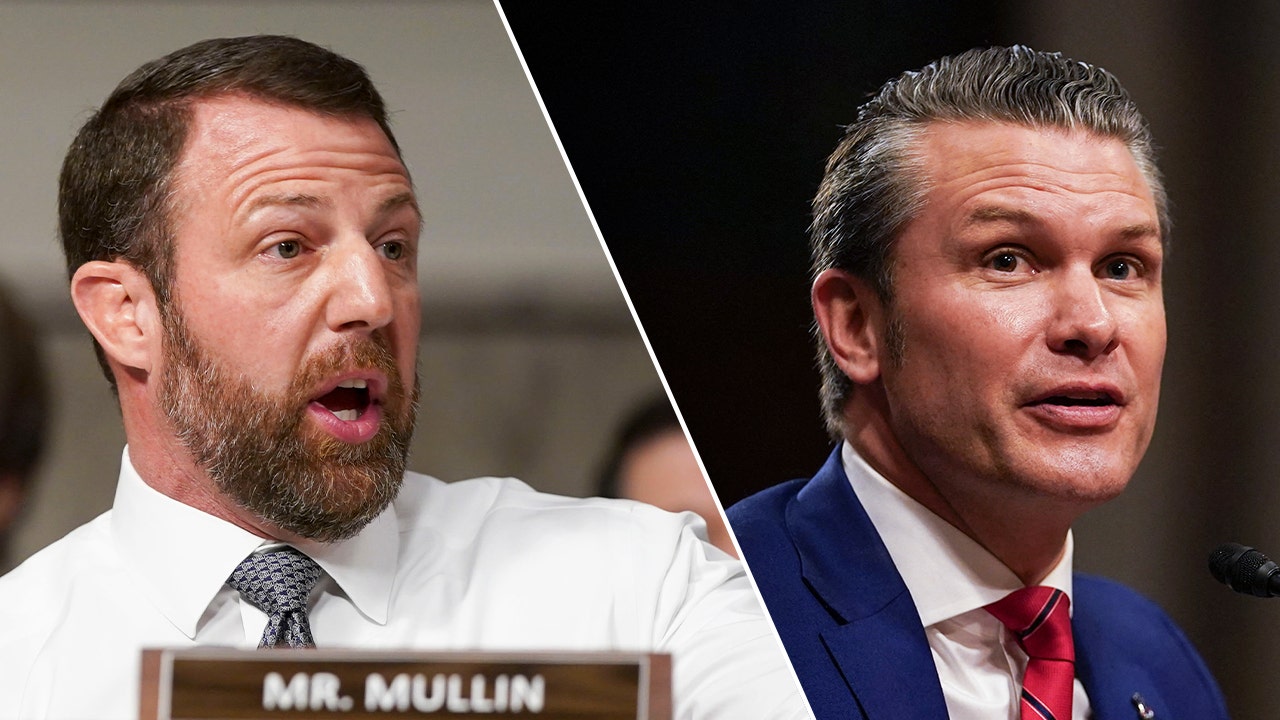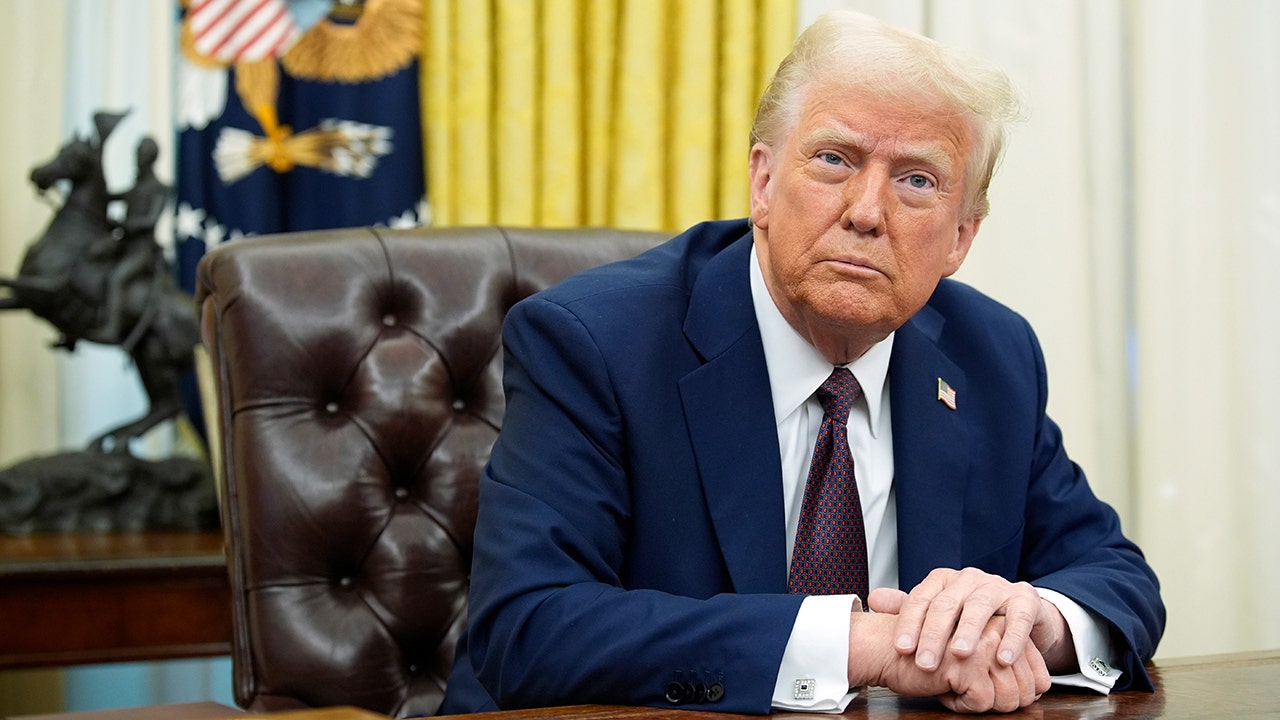Finance
A.I. has already helped 36% of financial services execs reduce costs by 10% or more, says an expert at Nvidia

Good morning.
An expert at Nvidia, a chipmaker that recently reached a $1 trillion market cap, says that banks are all for artificial intelligence.
Many financial services professionals have reported seeing an upside to A.I. when it comes to customer experience, according to Nvidia’s 2023 State of A.I. in Financial Services report. They’re betting on the technology to more accurately assess risk and create operational efficiencies, in addition to reducing cost.
A survey of 500 global financial services professionals found that 36% decreased annual costs by more than 10% by using A.I. applications. And almost half (46%) said it has improved customer experience. Many of Nvidia’s financial services clients are operationalizing hundreds of A.I. projects, according to the report.
When it comes to implementing advanced artificial intelligence, “banks are already using generative A.I. for document extraction within insurance and mortgage documents, and search and retrieval from internal knowledge bases,” Kevin Levitt, Nvidia’s global industry business development director for financial services, tells me.
Training A.I. models
Nvidia’s research found that one of the obstacles for financial services firms to achieving A.I. goals is insufficient data sizes for model training. The recommendation is the use of generative A.I. to produce accurate synthetic financial data used to train A.I. models.
An example? “Generative A.I. can unlock new opportunities across the financial services industry,” Levitt explains. “It could be used in ‘Know Your Customer’ and anti-money laundering operations, as well as transaction fraud detection. Thieves constantly develop new techniques to steal identities and/or execute fraudulent transactions. But sample sizes for these new methods are small.”
He continues, “synthetic data from generative A.I. allows banks to create large sample sizes of these new threat patterns and can train models to detect them faster and more accurately. Ultimately, banks or credit card companies can create troves of accurate synthetic data to train A.I. models to be able to identify fraud in milliseconds. Because the data is synthetic, it also addresses concerns about data privacy, as well as regulatory and compliance guidance that prohibits certain data from being transferred outside of certain geographies or internally within companies.”
But it’s important to note that “financial firms will not rely on generative A.I. models trained on general internet data like most of today’s models,” he says. The firms will train their own foundation models using their own company data, allowing banks to build models that perform more accurately and deliver a more personalized experience to customers, Levitt says.
Most banks will want to have guardrails that prevent generative A.I. from engaging with inappropriate topics, and they’ll want to know if the data used to train the models contain any bias, he says. BloombergGPT, which was recently released and developed in collaboration with Nvidia, is an example of how financial firms will release company-specific generative AI platforms, Levitt says.
Does he think generative A.I. will eventually impact all bank functions? “Yes, generative A.I. does have the potential to impact virtually every function from underwriting, to risk assessment to customer service,” Levitt says. “A.I. models will be able to analyze thousands of data streams in real-time to glean market intelligence to create summarized research reports and deliver improved investment returns for investors and portfolio managers,” he says.
The future of tech in financial services sounds bright.
Sheryl Estrada
sheryl.estrada@fortune.com
Big deal
An annual report by Datarails released today explores the sentiment of CFOs at small and medium-sized businesses (SMB) on the current state of finance departments. Almost half (48%) of SMB finance chiefs consider the economic challenges as the most extreme in their lifetime. Just 6% of CFOs say there won’t be a recession in 2023 while 52% single out rising interest rates as their biggest obstacle to company growth.
For their core finance “tech stack,” the CFOs increased spending to $54,000 per company in 2023. This is a 13.7% increase from 2022, reflecting the weighted average for a finance department of between 1 and 20 members, according to the report. Other key findings: 37% of CFOs say hiring a controller, the lead accountant in a business, responsible for a company’s books and records, is proving the hardest role to fill in the current environment. With a growing shortage of accountants, 13% of CFOs found hiring accounting recruits, in general, a challenge, with controllers being the most senior example.
And when it comes to A.I., less than a third (32%) of CFOs cite artificial intelligence or machine learning capabilities as a factor in their decision to select a new piece of software. The findings are based on a survey of 260 CFOs at U.S. companies with annual revenue between $3 million to $999 million.
Going deeper
It’s summer internship season. Goldman Sachs chairman and CEO David Solomon shared Tuesday on LinkedIn the letter of advice he sent the firm’s new interns. “Every year, I look forward to the start of the internship program because all of you bring a new and invigorating energy to our campuses around the world,” Solomon writes. “While your internship will last only several weeks—and you will be keen to make your mark in this short period—remember, this program is only the very beginning of your career. By comparison, this is my 39th year in financial services and my 24th at Goldman Sachs. As you think about what’s ahead, keep in mind that what matters most is that you learn as much as possible.” He offered three pieces of advice: be present, stay curious, and speak up.
Leaderboard
Jonathan Lock was promoted to SVP and CFO at The Chemours Company, a global chemistry company, effective June 6. Lock succeeds Sameer Ralhan as CFO, who announced his intention to resign, effective June 19. Lock most recently served as SVP and chief development officer at Chemours. He joined the company in 2018 as VP of corporate development and investor relations and went on to have responsibility for M&A, corporate strategy, enterprise risk management, and more recently, sustainability.
Daniel Welch was named CFO at Kate Farms, which brings plant-based nutrition into health care. Welch joins Kate Farms from Oura Health, maker of the Oura Ring, where he was CFO. Before Oura, he led the corporate finance team at Sonos, Inc. Welch started his career in investment banking, and before Sonos, he was at Morgan Stanley, where he was a VP in the investment banking group.
Overheard
“A.I. is quite possibly the most important—and best—thing our civilization has ever created, certainly on par with electricity and microchips, and probably beyond those.”
—Marc Andreessen, cofounder and general partner of Andreessen Horowitz, wrote in a nearly 7,000-word manifesto on Tuesday. Andreessen expressed disdain for the “hysterical fear and paranoia” surrounding artificial intelligence technology, likening it to a “moral panic,” Fortune reported.
This is the web version of CFO Daily, a newsletter on the trends and individuals shaping corporate finance. Sign up to get CFO Daily delivered free to your inbox.

Finance
Ripple News: Ondo Finance Brings Its $185M Tokenized Treasury to XRP Ledger Network

Ondo Finance, a tokenized real-world asset platform, is bringing its $185 million U.S. Treasury token to the enterprise-focused XRP Ledger network to expand the offering for institutions, the companies said Tuesday.
The Ondo Short-Term US Government Treasuries (OUSG) token is backed by BlackRock’s USD Institutional Digital Liquidity Fund (BUIDL) and allows qualified investors to mint and redeem tokens around the clock near instantaneously using the Ripple’s RLUSD stablecoin. The deployment is set to go live within the next six months, Ondo Finance said in a blog post.
Both Ripple, the creator of XRP Ledger, and Ondo Finance committed seed investments in the token on the XRP Ledger for initial liquidity. They did not reveal the size of the allocations.
Tokenization of real-world assets (RWA) is a rapidly growing industry that involves representing traditional finance assets such as bonds, credit and funds on a blockchain. Participants do so in pursuit of faster settlements and increased efficiency compared with traditional banking plumbing.
Tokenized versions of U.S. Treasury notes spearheaded the trend, and have more than quadrupled over the past year to become a $3.5 billion asset class, rwa.xyz data shows.
“The 24/7 intraday settlement enabled by tokenized assets like OUSG marks a transformative shift in capital flow management, breaking free from traditional trading hours and slow settlements,” Markus Infanger, a senior vice president of RippleX, an XRP Ledger development firm, said in a statement. “These low-risk, high-quality liquidity options not only provide better accessibility for investors but also introduce greater stability to blockchain-based markets.
OUSG follows OpenEden’s TBILL as the second tokenized treasury product available on XRP Ledger. OUSG previously was available on Ethereum, Polygon and Solana.
Finance
Hollywood is ‘failing women in finance’

In The Wolf of Wall Street Leonardo DiCaprio’s character rants about all the “hookers” he has encountered while in The Big Short Margot Robbie relaxes in a bubble bath to keep the audience captivated as she explains mortgage-backed bonds.
These “deeply disappointing” portrayals of women are symptomatic of the stereotypical way in which films and TV shows portray the world of finance, according to a study by King’s Business School.
The Alpha Portrayals report found that women were commonly addressed as “honey” or “sweetheart” and subject to derogatory comments about their appearance or lack of financial know-how. They were relegated to supporting roles as wives, mistresses or assistants amid overwhelmingly male-centric narratives in which the majority (83 per cent) of discriminatory behaviour was conducted by
Finance
DeepSeek sell-off reminds investors of the biggest earnings story holding up the stock market
Monday’s swift sell-off in the markets serves as a reminder for not only what’s been the driving force of the bull market thus far, but also what investors have been expecting to come in 2025. It’s all about big tech earnings.
New developments from Chinese artificial intelligence DeepSeek sparked the rout as investor concerns over brewing competition in the AI space for Nvidia (NVDA) and other big tech names prompted pause in the US AI trade.
Nvidia stock dropped more than than 11%. Meanwhile fellow “Magnificent Seven” members Microsoft (MSFT), Alphabet (GOOGL,GOOG), Meta (META), Amazon (AMZN) and Tesla (TSLA) were all off 2% or more in early trading. Broadcom (AVGO), another large player in the AI space, was down more than 12%.
“When expectations are high, one skeptical headline can knock the market off its axis,” Ritholtz Wealth Management chief investment strategist Callie Cox wrote in a note on Monday. “That’s exactly what we’re seeing today.”
A slowdown in Big tech’s rapid earnings growth has been a risk to the market that strategists have been talking about for more than a year. With with index valuations near multi-decade highs and the 10 largest stocks comprising nearly 40% of the S&P 500, strategists have argued the rapid rally in stocks is increasingly on thin ice.
But unlike other risks like higher interest rates or sticky inflation, there hasn’t been a clear story for why the exceptional Big Tech earnings growth story would collapse. For now, this weekend’s DeepSeek AI model launch appears to be a tangible reason for investors to question whether the high earnings expectations will truly follow through.
In 2024, Magnificent Seven earnings outperformed the rest of the S&P 500 index by 30 percentage points, per research from Goldman Sachs. And while that margin is expected to slow in the year ahead, causing some to call for a broadening out of stock market returns, big tech earnings growth remains a key pillar of the bull market thesis.
The “Magnificent Seven” stocks are expected to grow earnings by 21.7% in the fourth quarter compared to the 9.7% earnings growth projected for the other 493 tech stocks. The year-over-year growth rate for the “Magnificent Seven” is expected to slow in the first quarter, before accelerating once more to year-over-year earnings growth of more than 24% in the third quarter.
As Venu Krishna, head of US equity strategy at Barclays, pointed out in his 2025 outlook, given the large earnings growth expected for Big Tech throughout the year, the group is “likely to remain as critical of an EPS growth driver for the S&P 500 as the group was [in 2024].”
-

 Culture1 week ago
Culture1 week agoBook Review: ‘Somewhere Toward Freedom,’ by Bennett Parten
-

 Business1 week ago
Business1 week agoOpinion: Biden delivered a new 'Roaring '20s.' Watch Trump try to take the credit.
-

 News1 week ago
News1 week agoJudges Begin Freeing Jan. 6 Defendants After Trump’s Clemency Order
-

 Business5 days ago
Business5 days agoInstagram and Facebook Blocked and Hid Abortion Pill Providers’ Posts
-

 News3 days ago
News3 days agoHamas releases four female Israeli soldiers as 200 Palestinians set free
-

 Politics4 days ago
Politics4 days agoOklahoma Sen Mullin confident Hegseth will be confirmed, predicts who Democrats will try to sink next
-

 World3 days ago
World3 days agoIsrael Frees 200 Palestinian Prisoners in Second Cease-Fire Exchange
-

 News1 week ago
News1 week agoA Heavy Favorite Emerges in the Race to Lead the Democratic Party

















